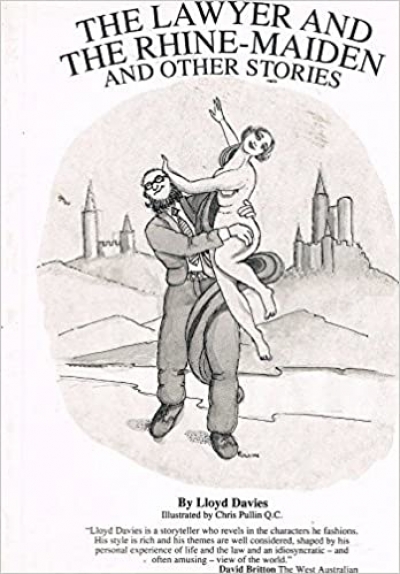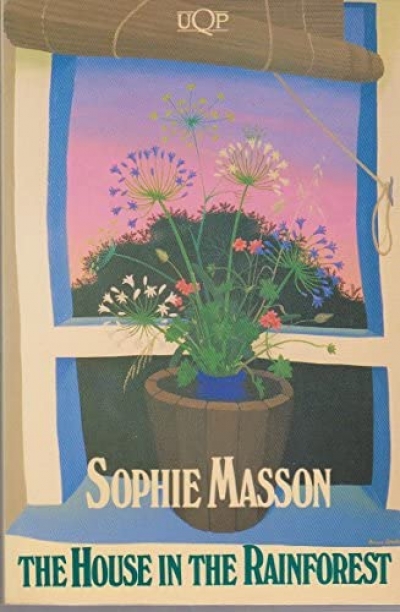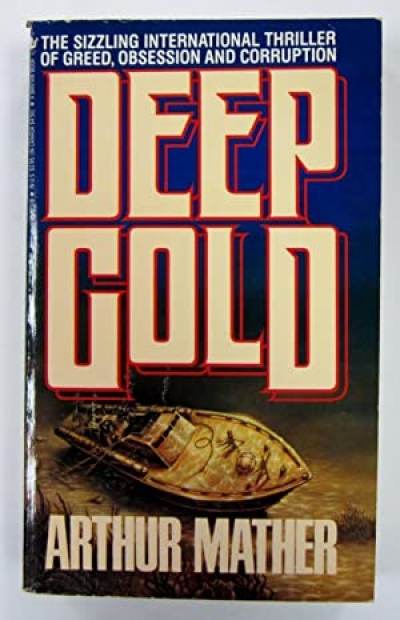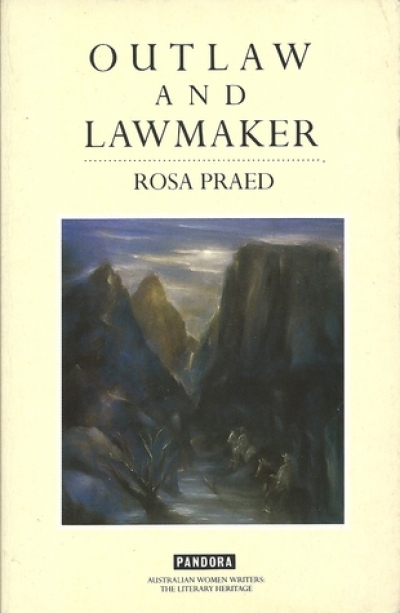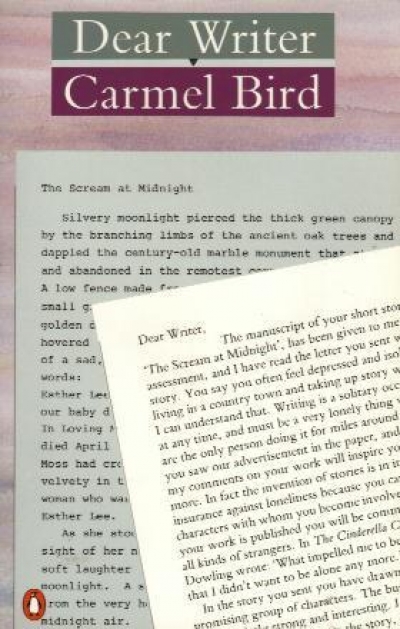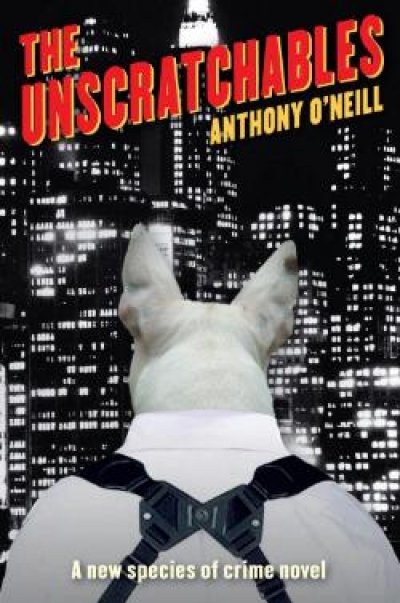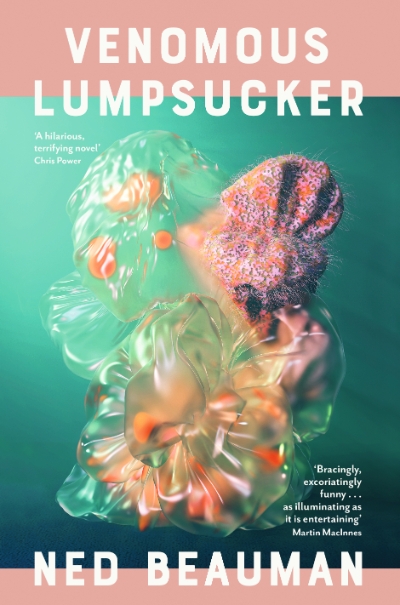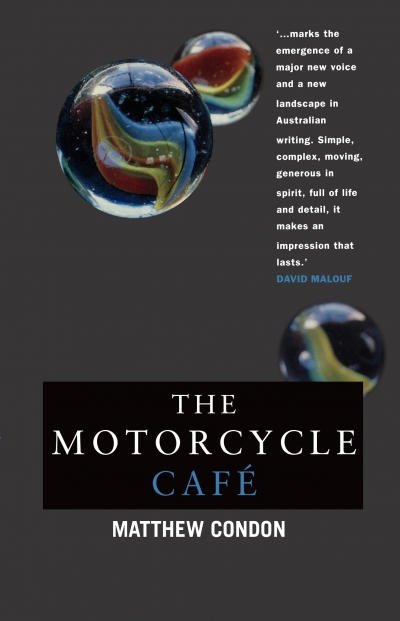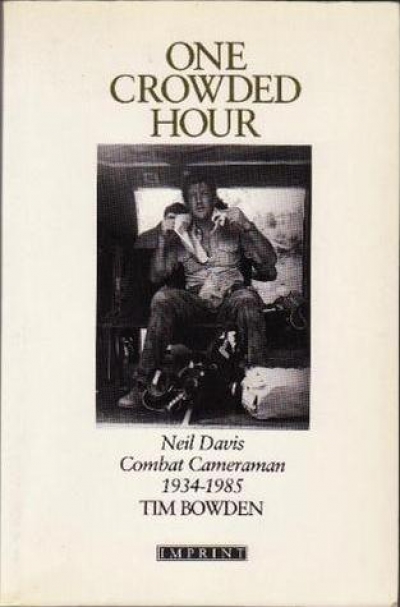A crime novel worth its chops, Anthony O’Neill’s highly original The Unscratchables is narrated by tough cop Crusher McNash, a fearless bull terrier detective who is determined to solve a chain of gruesome murders in dogland. Enter Cassisus Lap, a sophisticated Siamese with smarts, and together the odd couple bite off more than your average number of plot twists and dead-end alleys. The tale (or should that be tail?) features humorous cameos from Jack Russell Crowe, Tom Manx and Quentin Riossiti, a moggified doppelgänger to Anthony Hopkins’s Hannibal Lecter.
O’Neill’s vocabulary is witty, inventive and fun to decipher. Words such as ‘jangler’ for telephone, ‘tooter’ for car and ‘thwucker’ for helicopter complete an alternative, but not unfamiliar, reality where cats compete for universal domination at the expense of the underdog.
...
(read more)

